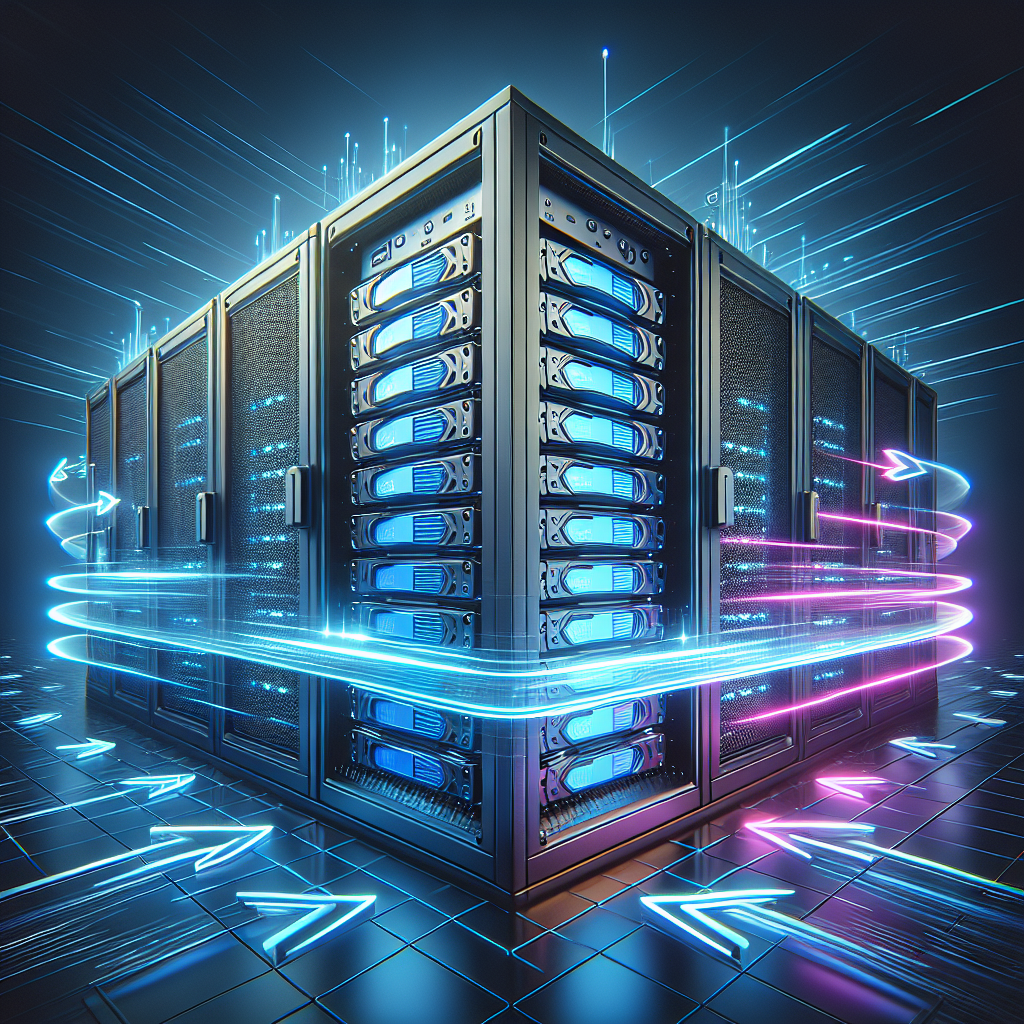Fix today. Protect forever.
Secure your devices with the #1 malware removal and protection software
In today’s fast-paced digital world, businesses are constantly seeking ways to maximize performance and efficiency in their data centers. One key component that can help achieve this goal is solid-state storage.
Solid-state storage, also known as SSDs, are storage devices that use flash memory to store data. Unlike traditional hard disk drives (HDDs) which use spinning disks to read and write data, SSDs have no moving parts, resulting in faster access times and improved performance.
One of the main advantages of using solid-state storage in data centers is its speed. SSDs can access data significantly faster than HDDs, resulting in quicker application load times and improved overall system performance. This can be particularly beneficial for businesses that rely on time-sensitive applications or real-time data processing.
Additionally, solid-state storage offers improved reliability and durability compared to traditional HDDs. Since SSDs have no moving parts, they are less susceptible to mechanical failures and are less likely to experience data loss due to physical damage. This can help businesses minimize downtime and ensure that critical data is always available.
Another key benefit of solid-state storage is its energy efficiency. SSDs consume less power than HDDs, resulting in lower energy costs and reduced environmental impact. This can be especially important for data centers that are looking to reduce their carbon footprint and improve their overall sustainability.
To maximize performance with solid-state data center storage, businesses should consider implementing a tiered storage approach. This involves using a combination of SSDs and HDDs to optimize performance and cost-effectiveness. By storing frequently accessed data on high-performance SSDs and less frequently accessed data on lower-cost HDDs, businesses can achieve the best of both worlds in terms of speed and affordability.
In conclusion, solid-state data center storage offers numerous benefits for businesses looking to maximize performance and efficiency. By leveraging the speed, reliability, durability, and energy efficiency of SSDs, businesses can improve their overall system performance, reduce downtime, and optimize their storage infrastructure. Implementing a tiered storage approach can further enhance these benefits and help businesses achieve their performance goals.
Fix today. Protect forever.
Secure your devices with the #1 malware removal and protection software

Leave a Reply
You must be logged in to post a comment.